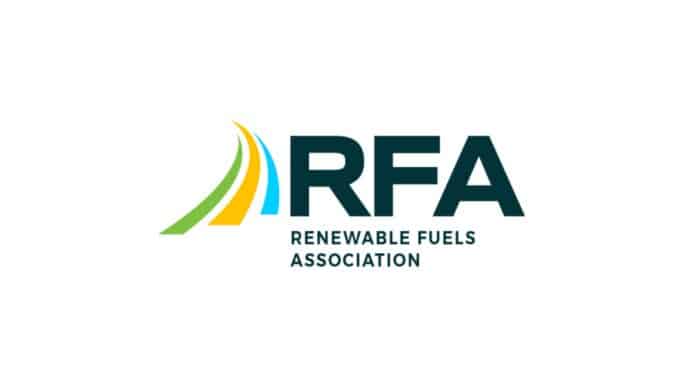In a letter today to the California Air Resources Board, the Renewable Fuels Association called on the agency to expeditiously approve the use of cleaner-burning, lower-carbon E15 gasoline blends, which contain 15 percent ethanol. RFA noted that California is one of only two states in the country that still do not allow the use of E15, and the state’s failure to approve the fuel has caused unnecessary increases in greenhouse gas emissions and tailpipe pollution linked to smog, as well as higher prices at the pump for California consumers.
“California is woefully—and inexplicably—behind the rest of the nation when it comes to adopting a simple change to liquid fuel regulations that reduces both harmful tailpipe pollutants and GHG emissions from liquid-fueled light-duty vehicles,” RFA President and CEO Geoff Cooper wrote in a letter sent to CARB Chair Liane Randolph and Executive Officer Steven Cliff. “While CARB has taken some initial steps toward approval of E15, the process has been impaired by numerous delays, uncertain timelines, and a general lack of emphasis or prioritization from CARB leadership. All of the required testing and analysis on E15 has been completed and submitted to CARB; yet, the agency appears to be purposely ‘slow-walking’ the approval process.”
RFA’s letter encourages CARB to commit to a certain timeline for approval of E15: “We urge CARB to immediately approve the long-delayed E15 Tier II and Tier III reports, secure approval by the Environmental Policy Council by the end of the year, and initiate a rulemaking to approve E15 prior to CARB’s January 2024 board meeting.”
Cooper also noted that CARB’s continued failure to allow the use of E15 clearly contradicts the scope and purpose of the waiver California has historically received from the Clean Air Act’s preemption provisions. California has historically received a waiver from the Clean Air Act’s preemption clause because the state’s air pollution regulations have been “at least as protective” as federal standards. RFA argued that “…CARB’s current gasoline regulations are less protective of public health and welfare than the federal standards that allow for E15 consumption in all light-duty vehicles built since 2001.”
In the letter, Cooper summarized tailpipe and carbon emission benefits of lower-carbon ethanol. If all gasoline in California in 2022 had been E15 instead of E10, the state would have seen a 450-million-gallon reduction in petroleum consumption and additional GHG savings of 2.2 billion metric tons, based on CARB’s own data. “By failing to act on E15 approval, CARB is incomprehensibly leaving massive air quality and climate benefits on the table,” the letter says.
“Moreover, CARB’s intransigence on E15 has directly hindered our association’s efforts to replicate California climate policies—specifically the LCFS—in other jurisdictions beyond the West Coast. Other states that have considered following California’s example on clean fuels policy ultimately have rejected the approach due, in large part, to CARB’s befuddling prohibition on E15.”


